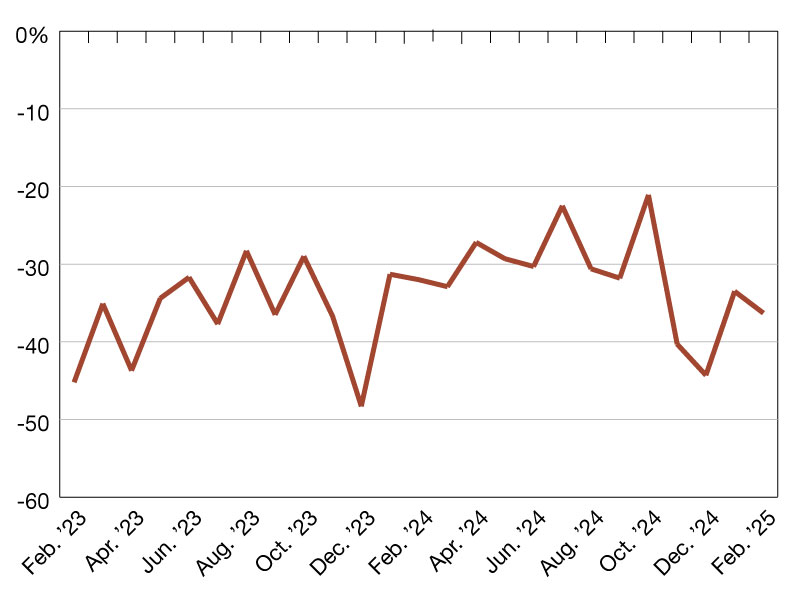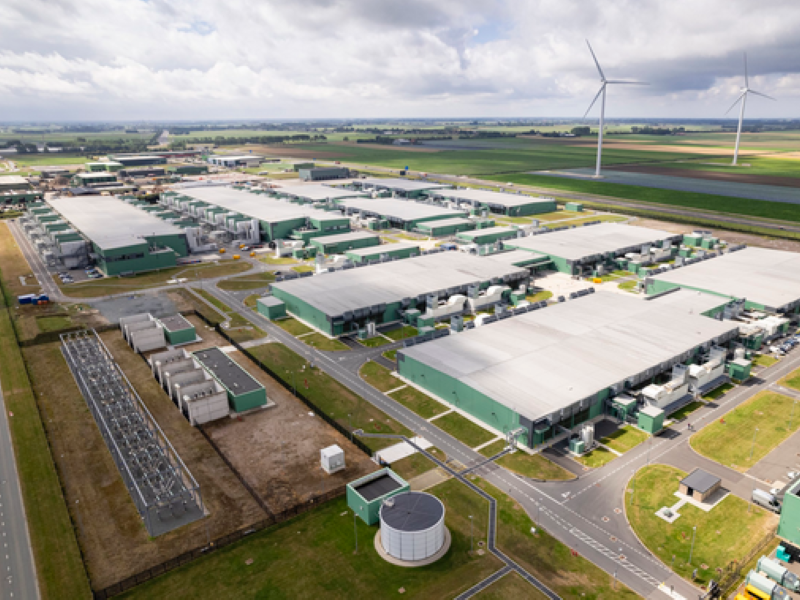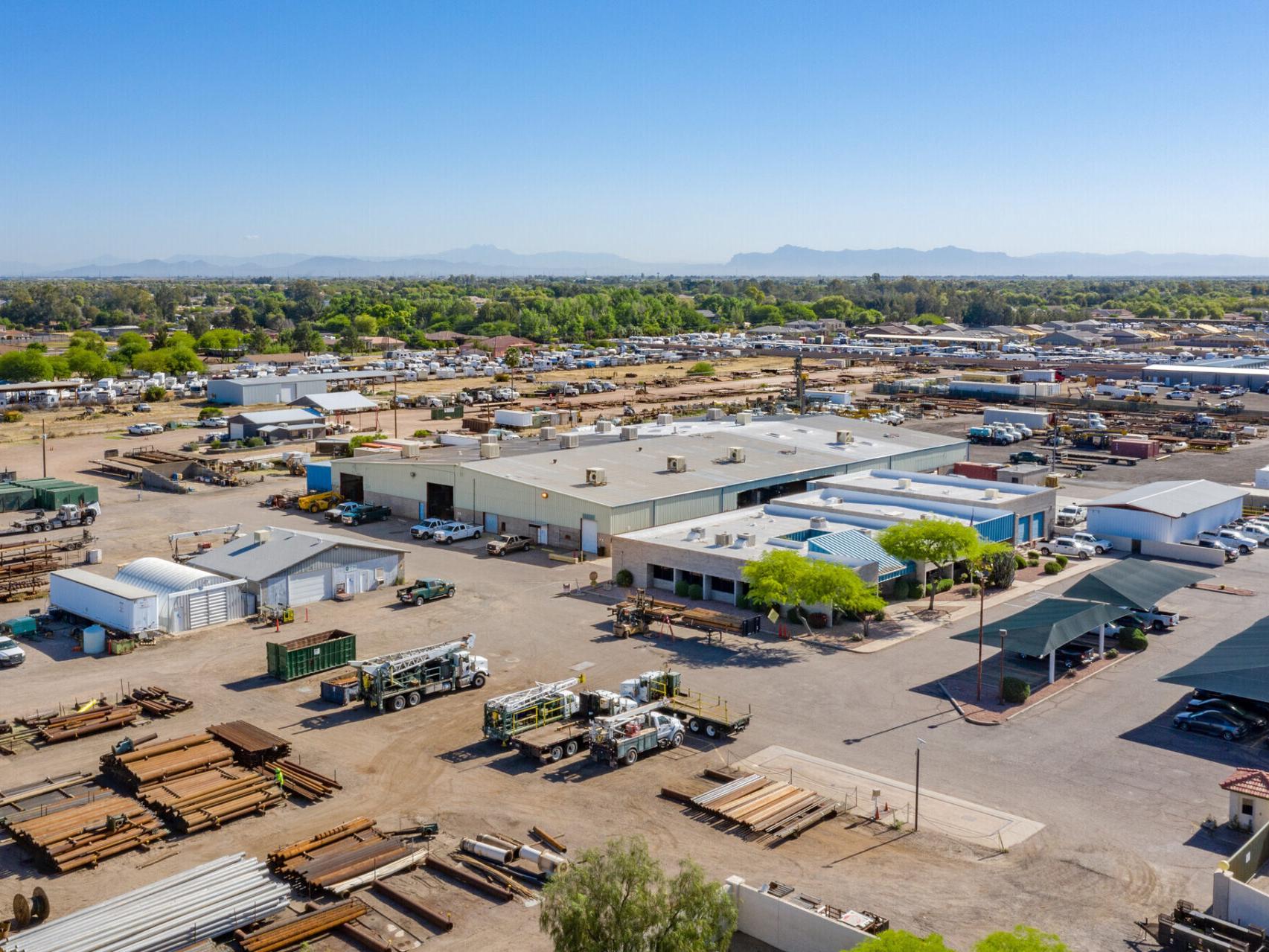2019 Retail Outlook: Year of Transition, Disruption
Deloitte’s report suggests a multitude of ways in which retailers can successfully navigate the year ahead, including customizing their loyalty programs and embracing the latest technologies.
Last year ended on a good note for many retailers, with a strong U.S. economy and record-breaking holiday season, but 2018 also saw mixed retail earnings, some high-profile bankruptcies and global trade and economic tensions. In its 2019 Retail Outlook, Deloitte raises concerns about the year ahead and says retailers “may need to make bold moves if they want to set themselves up for success in the future.”
The 20-page report, written by Rod Sides, Deloitte vice chairman, U.S. sector leader, retail, wholesale and distribution, and Bryan Furman, Deloitte services retail sector specialist, notes the industry will continue to undergo disruption, much of it caused by consumers who are “becoming more powerful, with expectations of ‘having it all.’ ’’
The outlook’s subtitle is Transition Ahead and the Deloitte retail experts discuss some of the main issues causing disruption and offer six strategies for retailers to navigate 2019.
“The next 12 to 18 months will likely see an industry in transition—an industry managing through uncertain times and placing bets on what will separate the winners from the losers,” Sides and Furman wrote. “Those who can synchronize their investments to profitably empower the consumer will likely find themselves on the right side of the tipping point.”
The authors note many retailers have already shifted their investment strategies over the past 10 to 20 years, particularly by making big investments in all areas of the business—like launching new digital sales models, acquiring other businesses and transforming their fulfillment processes. But they also state costs to grow market share continue to increase and retailers have to figure out how to “win battles on multiple fronts.”
Deloitte’s strategies to help retailers navigate industry disruption this year include:
- Optimizing loyalty programs: The retail industry accounts for about 42 percent of the loyalty members in the U.S. but many retailers don’t capitalize on them. The report notes the average consumer is a member of more than six loyalty programs but a majority—65 percent—is engaged with less than half of them. Retailers should look to tailor loyalty rewards individually, perhaps by using artificial intelligence (AI) tools to personalize rewards and experiences. They should also provide some exclusive rewards and make them easy to redeem.
- Digital startups: The report notes digital startups—often aided by funding from venture capital (VC) firms—are addressing issues faced by the industry and are using first-party data to give customers what they want, along with convenience and engagement. According to Deloitte, some traditional retailers are making their own direct investments in digital efforts, but they expect that will change as more develop “symbiotic relationships with VC firms to tap in to their expertise in startup scouting and investment management.”
- Embracing emerging technologies: Retailers should figure out how to scale the thousands of solutions that are available, particularly looking to consistently mine the data they collect, transform their operations to deliver on their brand promise and adapt to the future of work.
- Learning lessons from China: Technology also plays a role here as Deloitte suggests retailers look at global cross-industry trends and build capabilities that can shape consumer experiences. They should also focus on last-mile delivery, supply chain as a service and social commerce.
- Making supply chain improvements: Retailers should think about accumulating long-term competitive advantages through wider chain supply strategies that can be a significant growth driver.
Images courtesy of Deloitte









You must be logged in to post a comment.